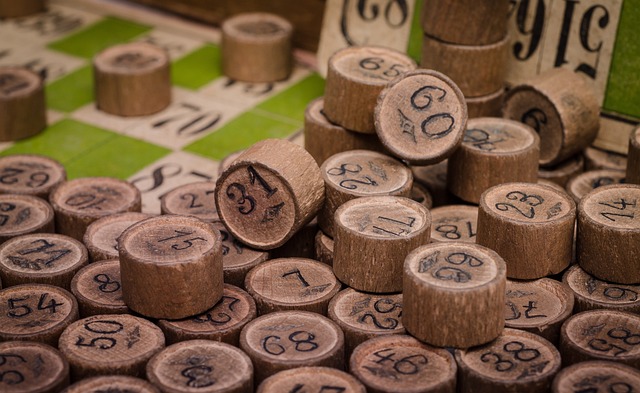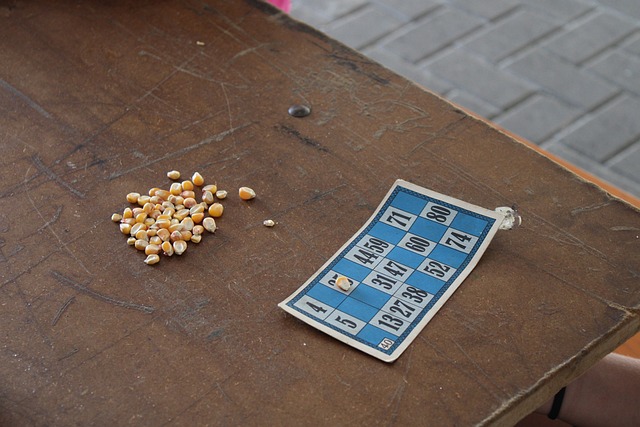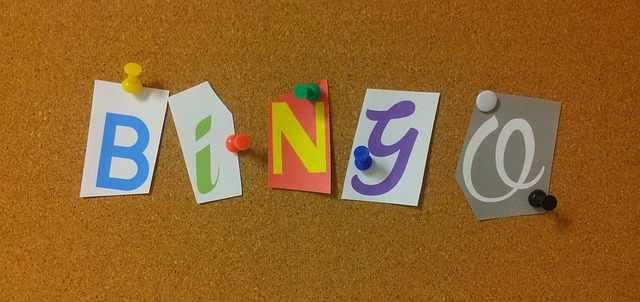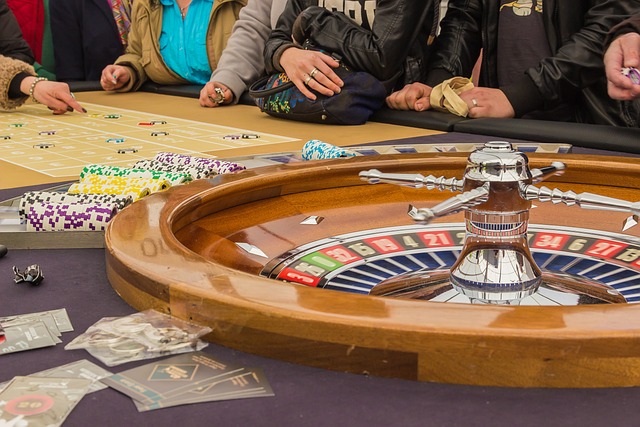Each number drawn, each checked card, is a collective heartbeat that resonates in bingo halls and living rooms, transforming simple games into social rituals. If modern platforms try to recreate the excitement of betting, tombola and bingo have built bridges between people, crossing eras and cultures.
The dawn of tombola in Naples
We were in Naples, 1530. Tombola was born as a Christmas pastime to unite families. Not just a pastime, but a real event that intertwines with the local culture, even resisting the attempts of the Bourbon rulers to suppress gambling. More than a game, tombola becomes a moment of sharing, of history passed from hand to hand, from generation to generation.
From Naples to the New World

With suitcases full of dreams and hopes, Italian immigrants took tombola across the ocean. In the United States, the game underwent a revolutionary transformation. Edwin Lowe, in 1920, was bewitched by the simplicity of a version called “Beano” at a fair in Georgia. A visionary, Lowe transformed Beano into “Bingo”, catapulting the game into the American public sphere, with a marketing savvy that decreed its resounding success.
Bingo: a refuge in the storm of the 20th century
Bingo became a beacon of hope during moments of despair such as the Great Depression and the world wars. The game became a vital fundraising tool for many churches and charities, proving that its value went far beyond entertainment. It offered, in fact, a form of relief, an escape, a moment in which worries could be put aside with the cry of “Bingo!”
A sociological analysis of the bingo phenomenon
In-depth studies such as that of David Leary in 1999 have explored the role of bingo in keeping minds active, especially among the elderly. The game is shown not only as entertainment, but as a mental gym that stimulates memory and social interaction. Bingo, therefore, proves to be a boon for psychological and social well-being, supporting mental agility and strengthening community bonds.
The cultural echo of bingo

Bingo has also left an indelible mark on pop culture. In addition to being a social ritual, it has become a recurring symbol in films, books and television series, often evoking nostalgia or a sense of community belonging. This game, with its charming simplicity, serves as a metaphor for fate and fortune, carrying with it a wealth of meaning that goes beyond simple entertainment. As it resonates across various media, bingo continues to weave its web of human connections, reinforcing its role as a meeting point between generations.
Conclusion: gaming as a social glue
Tombola and bingo are not just games of chance; they are community catalysts, social architectures that have the power to unite. From a Christmas evening in Naples to the last number drawn in a packed hall overseas, these games convey stories, laughter and, sometimes, disappointment. In the modern world, with the advent of online betting like that offered by 20Bet, the essence of these games persists, adapting and evolving, but maintaining their original spirit of uniting people in an exciting dance of numbers and hopes.


